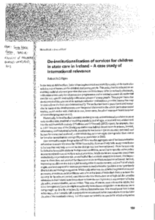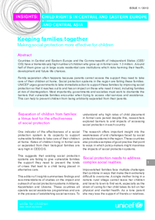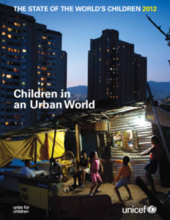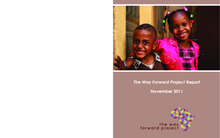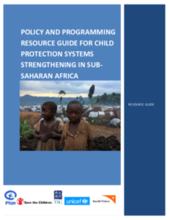Displaying 811 - 820 of 1025
This background paper and individual country briefs were commissioned to examine the current status of family support services and alternative care in 18 sub-Saharan Francophone, four Anglophone and two Lusophone African countries (a total of 22 countries). This background paper represents a comparative regional analysis, providing an overview of the current situation and illustrating promising practices, opportunities and challenges.
This paper describes Ireland’s successful implementation of a policy of de-institutionalization of out-of-home care for children.
This article sets out some of the evidence of the impact of institutionalisation on children in Europe.
This edition of Insights produced by UNICEF summarizes the findings and recommendations of studies on the impact and outreach of social protection systems in Albania, Kazakhstan, and Ukraine where high rates of child placement in formal care still persist. The research offers important insight into the weaknesses and challenges faced by social protection systems in the region, but also point to ways in which policy-makers might maximise the impact of social protection systems in order to ‘keep families together’.
This report provides data on children living in urban settings, including statistics, conditions, and personal testimonies. The report also includes UNICEF’s recommendations for policy regarding children in urban settings, working with this population, and for future action. Sections that are relevant to children’s care include: children living and working on the streets, migrant children, urban emergencies, and many more.
This monograph reviews literature pertaining to children without permanent parents.
This paper from Monographs of the Society for Research in Child Development Volume 76, Issue 4 proposes a number of key components for translating research into policy and programs: analyzing the situation, using evidence to build the case for action, developing policies, building program capacity in child welfare and early childhood development, creating a family‐based child welfare system, and developing a system of monitoring and accountability.
The Congressional Coalition on Adoption Institute’s The Way Forward Project brought together a group of international experts to discuss opportunities and challenges facing governmental and non-governmental organization leaders in six African nations (Ethiopia, Ghana, Kenya, Malawi, Rwanda, and Uganda) as they work to develop systems of care that serve children in and through their families.
This Resource Guide aims to be a user-friendly and manageable document designed to provide an overview of the current system strengthening approaches, along with a series of resources and tools available to support systems strengthening in child protection.
In order to commemorate the two year anniversary of the resolution of the Alternative Care Guidelines, discuss the use and implementation of the Guidelines, and raise the profile of the importance of this international framework, the Permanent Mission of Brazil to the United Nations, in partnership with the Better Care Network, UNICEF, SOS and the NGO Committee on UNICEF Working Group on Children without Parental Care, held side-event during the UN Social, Humanitarian Cultural Affairs Committee of the UN General Assembly.


